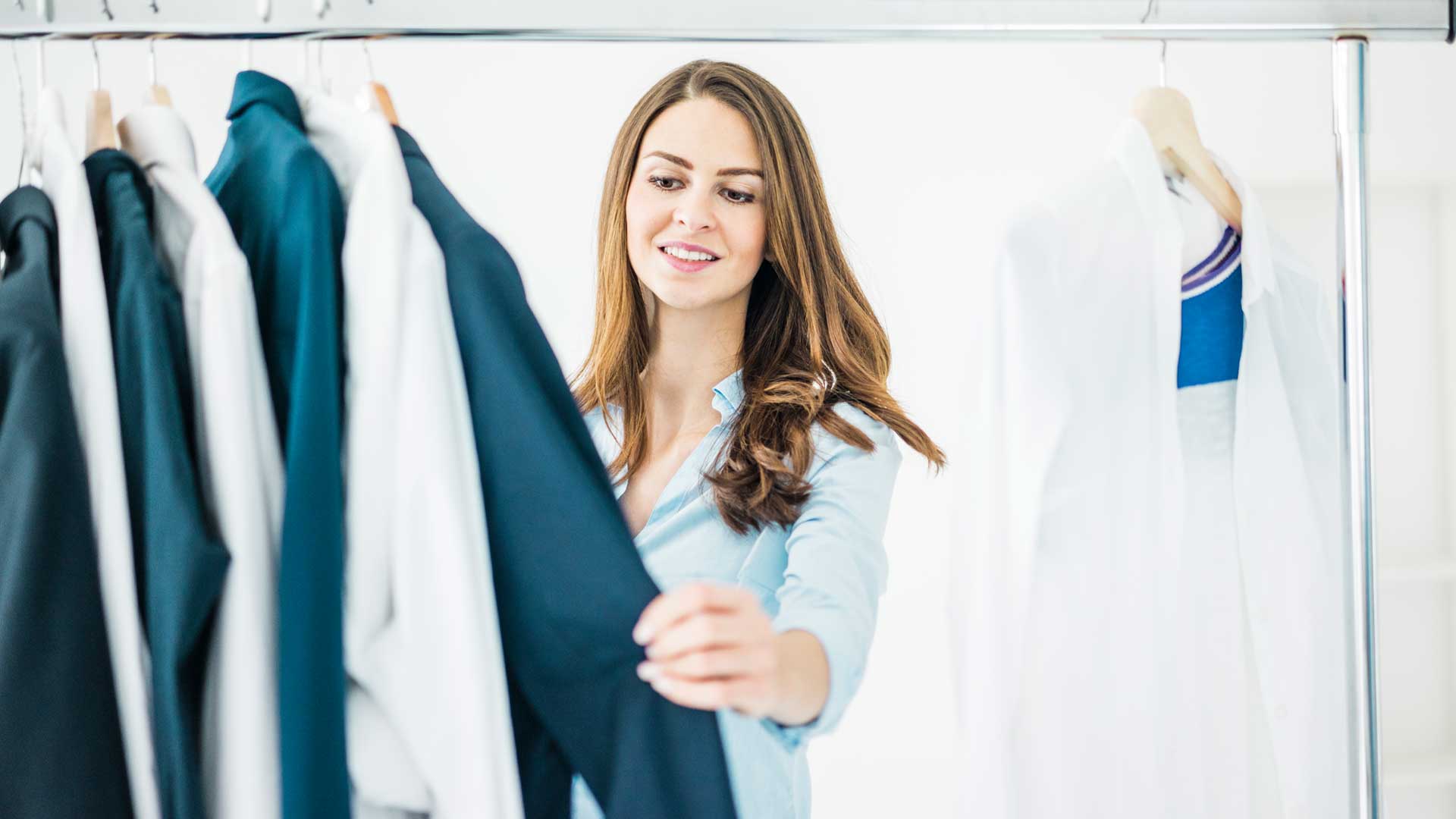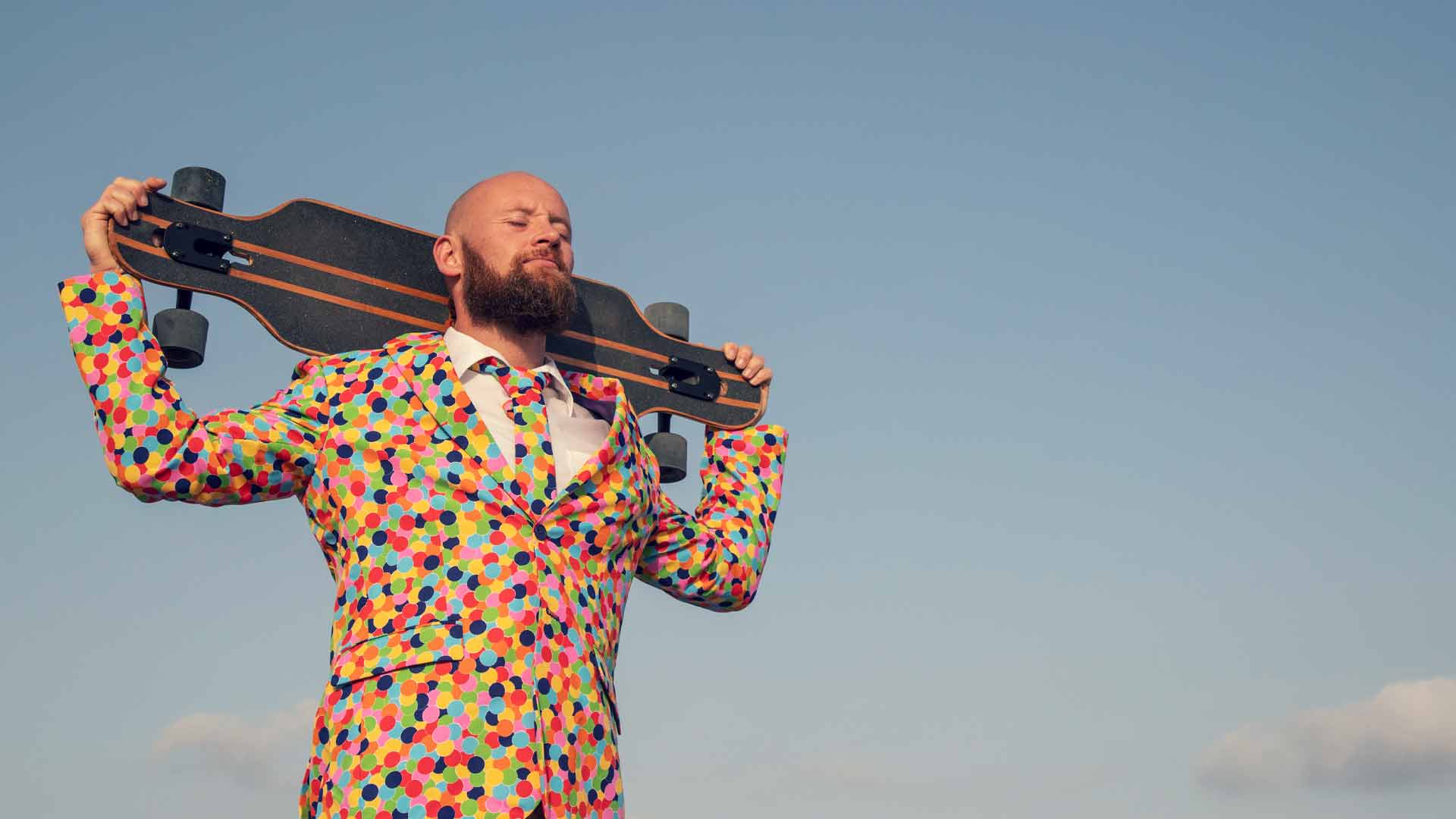Careers advice
How to dress for a job interview in New Zealand
It’s something everyone worries about – what should I wear to a job interview? Here are some answers.
What you’ll learn:
What you wear is integral to the impression you give.
Why your choice of clothes matters at a job interview
How to gauge what you should wear to your job interview
What should you wear to a formal interview?
Vibrant colours can be distracting in job interviews.
What should you wear to a casual interview?
What should you wear to a smart casual interview?
Outfit inspiration for a smart casual job interview.
An example of business casual for men.
General job interview outfit tips
Job interview style tips
Other articles you might like







